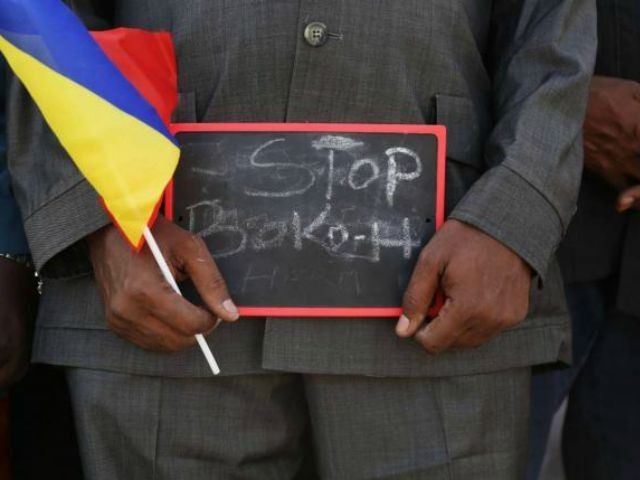A new report offers some startling statistics on the devastation wrought by Muslims on the Christian population in Nigeria, with 11,500 Christians killed, a million displaced and 13,000 churches destroyed or shut down in the last 15 years.
The 48-page report titled “Crushed but Not Defeated: The Impact of Persistent Violence on the Church in Northern Nigeria,” documents the extent of Christian persecution in Nigeria due to targeted violence by Islamic extremists as well as other more moderate Muslims. The document was released after extensive on-the-ground research by Open Doors, a non-profit group devoted to assisting persecuted Christians throughout the world.
The comprehensive study reveals that decades of religious violence directed at the Christian community has had an even larger impact on the Church in Northern Nigeria than previously thought. The violence against Christians in the region has resulted in the deaths of “between 9,000 to 11,500 Christians,” which the report calls “a conservative estimation.” A large number of Christian properties and businesses have been destroyed, the document continues, “including 13,000 churches that have either been destroyed or closed down.”
Moreover, according to the report, 1.3 million Christians in Northern Nigeria “have become internally displaced or have settled in other areas of Nigeria in search for safety and security” since 2000.
One of the more frightening revelations from the report is the finding that the executioners are not just from the well-known Islamic terrorist group Boko Haram, but comprise many other more “moderate” Muslims as well.
The sources of violence against Christians in Northern Nigeria are diverse, yet have one thing in common. They are “connected through a common religious denominator: defending northern Muslims’ interests, Muslim identity and the position of Islam,” the report states.
“Not just radical Islam, Boko Haram being the most notable example, but also Muslim Hausa-Fulani herdsmen and the Northern Muslim political and religious elite are also major actors of targeted violence towards the Christian minority,” the report continues.
In part, this violence derives from the historical “migration of Muslims into non-Muslim territories in northern Nigeria to promote the Islamic religious and missionary agenda in Islamizing all parts of northern Nigeria,” it states.
Between 2000 and 2001, twelve Northern states implemented or began more fully enforcing Sharia law, which created fear and marginalization among the substantial Christian minority population of around 30 million.
Radical Islamic groups did not emerge in Northern Nigeria until the 1980s, when Nigerian scholars and students returned from Arabic countries influenced by Wahhabi and Salafist teaching. Each year, thousands of West African Muslims get free scholarships to pursue their studies in Arab countries, which has had a major impact on Nigerian culture.
Nigerian Muslims were also encouraged by the successful Islamic revolution of Ayatollah Khomeini in Iran (1979), which many took as evidence that radicalization can bring about social change. “The ideal of a pure form of Islam in which Sharia was applied to society in order to create justice and equal opportunities for all, appealed to the imagination of those outside the privileged Northern elite,” the report states.
Though the document goes into great detail, analyzing the situation in a number of specific towns and cities and examining numerous individual cases, the general picture that emerges is one of ongoing, systematic persecution of Christians by Muslims in the Nigerian north.
Such data will make it more and more difficult to assert that the violence committed against Christians in Muslim nations is not religiously motivated.
Follow Thomas D. Williams on Twitter Follow @tdwilliamsrome

COMMENTS
Please let us know if you're having issues with commenting.